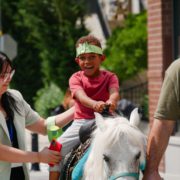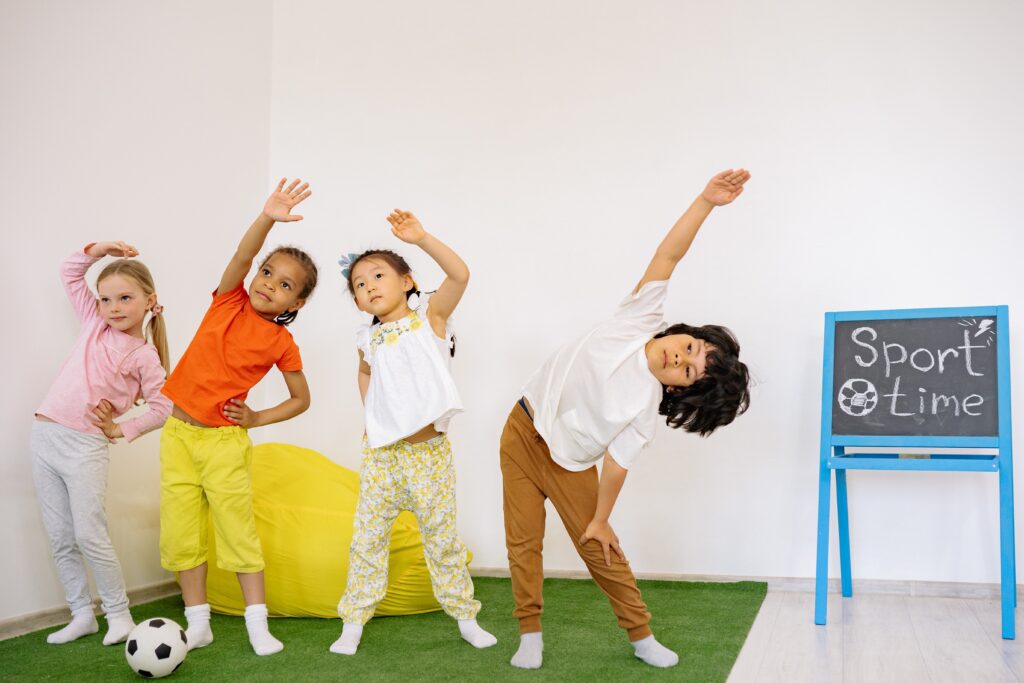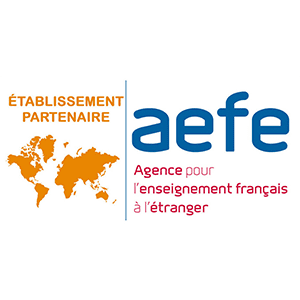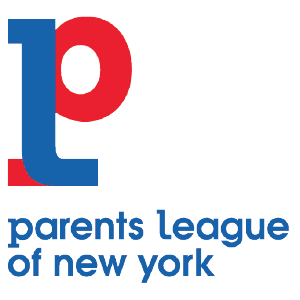Why You Should Send Your Child to Summer Camp
Summer is a season of adventure, exploration, and growth. As the school year winds down, ensuring their children spend their time in an enjoyable and enriching way may become a challenge for many conscientious parents. One option that often stands out is sending children to summer camp. This choice can be very beneficial, offering advantages that extend far beyond the few weeks of summer.
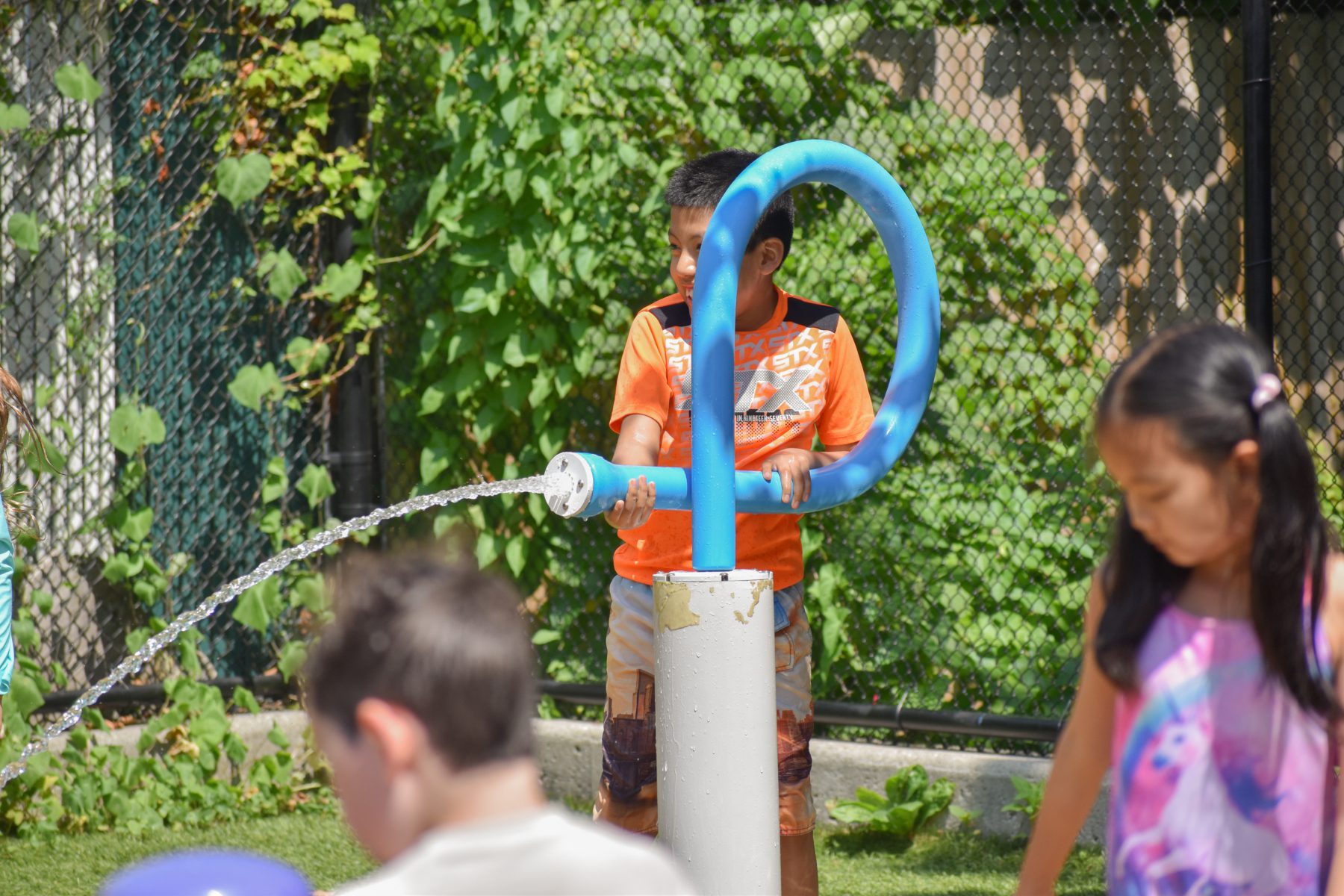
At Tessa Summer Camp, students explore a range of fun multi-sensory activities in the target language.
Benefits of Summer Camp
According to the American Camp Association (ACA), the camp experience is recognized by child development professionals as valuable in helping children mature socially, emotionally, intellectually, morally, and physically.

Summer camps promote children to grow, learn, and thrive in a supportive and stimulating environment.
Gaining education outside a traditional school setting
Summer camp is an exciting opportunity for kids to fill long summer days with engaging activities and outdoor play. Kids learn and socialize in a community that is more flexible and vibrant than the traditional settings of school or home.
Dr. Peter Scales, internationally known as one of the world’s foremost authorities on positive youth development, described camp as “one of the few institutions where young people can experience and satisfy their need for physical activity, creative expression, and true participation in a community environment.” He believed that most schools don’t satisfy all these needs. Hence, camps are designed to maximize students’ summer vacations and improve learning in ways that schools often fall short.
Improving Academic Competence
Summer camps often integrate educational components into their programs, enabling children to learn in a fun and interactive environment. A review on multiple research indicates that students completing summer programs aimed at preventing summer learning loss can be expected to score about 20% higher than students who don’t participate.
Fostering Independence and Confidence
At summer camp, children have the opportunity to make decisions and navigate life away from the comfort of home. This independence fosters self-reliance as they learn to manage tasks and challenges on their own. Overcoming obstacles at camp boosts their confidence and helps them realize their capabilities.
Developing social skills and build friendships
Camp encourages children to interact with peers from diverse backgrounds, fostering a sense of community and friendship. Through collaborative activities and shared experiences, children learn valuable social skills such as communication, cooperation, empathy, and respect. According to a study on young adolescents from six different camps by the ACA, parents reported significant positive changes in their children’s social skills and happiness levels after attending summer camp.
Summer Camp at Tessa
Finding the best summer camp for children can be a real challenge. It is important to look for a camp that will suit your children’s needs and your expectations.
Tessa “Fun, Friends, and Discoveries” Summer Camps offer a perfect balance of academic and fun activities. One of the biggest differences between us and other camps is that we are a language immersion camp, offering a unique and enriching experience for children. Studying a language can be enjoyable and effective; at Tessa Summer Camp, campers love to learn Spanish, French, or Mandarin!
Tessa International School Summer Camp offers these advantages:
- Excellent native speaking teachers
- Varied outdoor and indoor activities
- A new theme and adventure each week
- Weekly registration and extended hours
- A bright and inviting space
- Rigorous safety measures with dedicated staff
- Flexible cancellation and refund policies
Through exploring a range of multi-sensory and highly interactive activities with their teachers in the target language, our campers have fun while learning a language and being exposed to different cultures. All our teachers are native speakers with experience in bilingual education, able to emphasize the culture of their countries in an authentic fashion with support from a team of dedicated experts.
Learn more about why a language immersion camp can be a better choice for your child(ren) here.
The benefits of summer camp can last a lifetime. It is an opportunity for children to grow, learn, and thrive in a supportive and stimulating environment. At Tessa Summer Camp, with excellent teachers and diverse activities, we strive to provide the most memorable and rewarding summer experience for our children.
Are you ready to explore the only international leading private school in Hoboken?
Contact Tessa International School to learn more!


